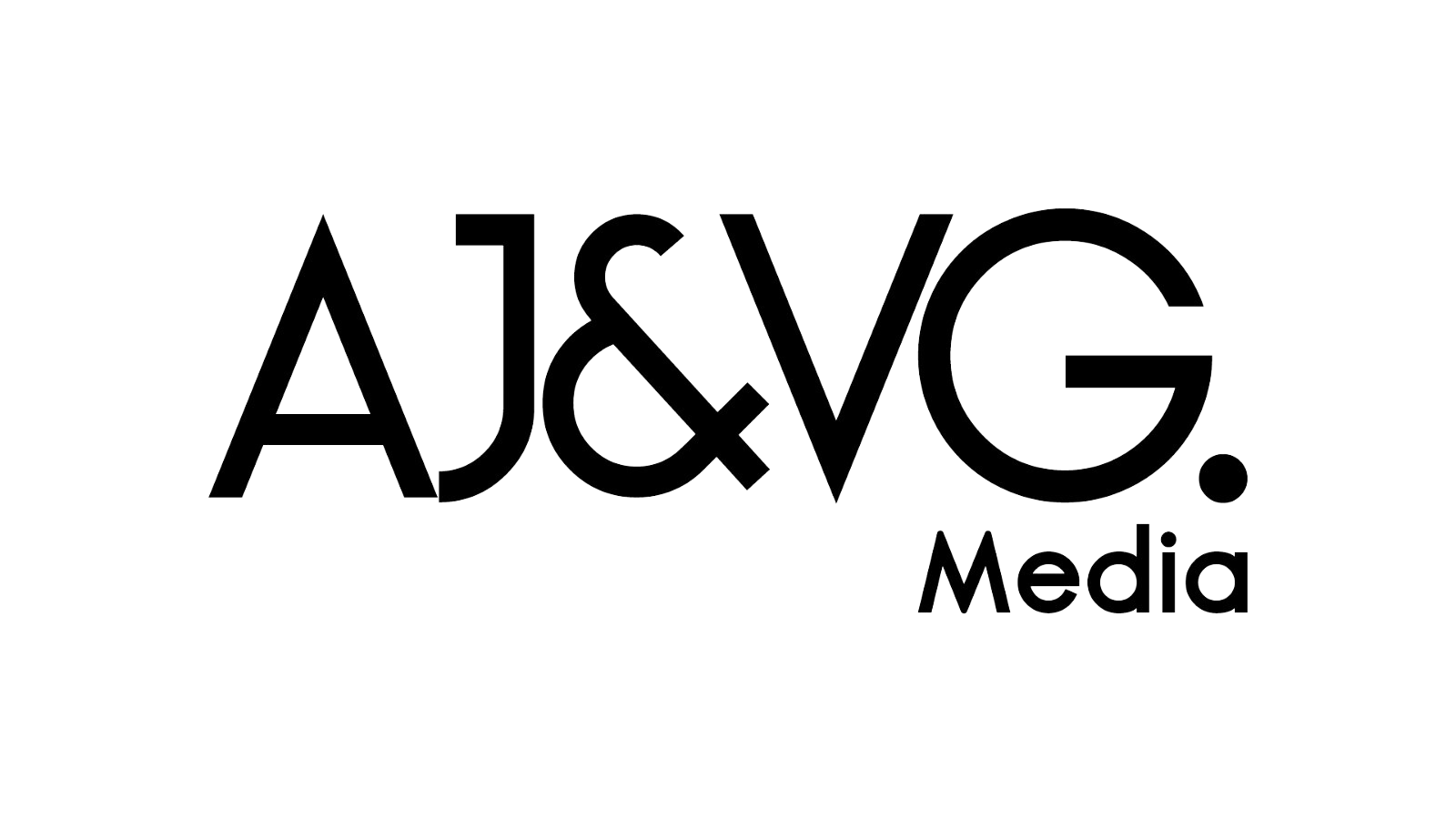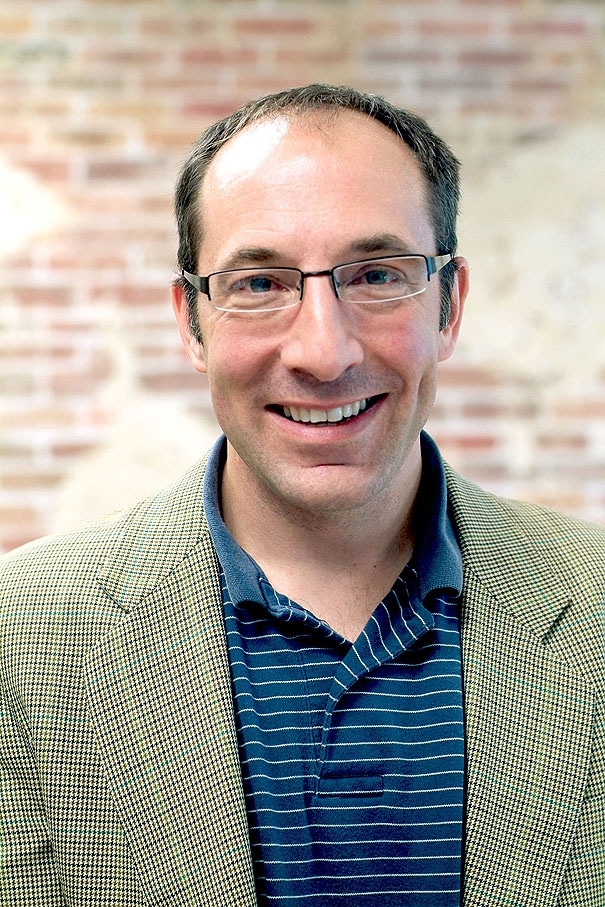When thinking about what the internet has enabled, few have said it better than Tom Goodwin:
“Uber, the world’s largest taxi company, owns no vehicles. Facebook, the world’s most popular media owner, creates no content. Alibaba, the most valuable retailer, has no inventory. And Airbnb, the world’s largest accommodation provider, owns no real estate.”
All of this is amazing, right?
But that very same infrastructure that gives rise to these advances also breathes life into restricted privacy and freedom. Presidential candidates and CIA directors have had their personal emails hacked and leaked en masse. Large, online gatherings have been disrupted by groups bent on censoring unpopular opinions. Cyber-attacks are starting to challenge our collective rights to speech, religion, and assembly through a cornucopia of new tools, techniques, and capabilities.
These tools are often available on the internet for prices that – when compared to the damage they can do – are quite affordable.
We’re operating in a new era with new rules. Inalienable rights that represent the pinnacle of civilized societies are under challenge from state and non-state actors alike. We live, essentially, in a world where freedoms are granted, but not protected.
We need to confront a pair of questions about the nature of freedom in our new, digital world. Does the rise of the internet, and its ability to harm and censor, represent civilized society in decay or a brand new age of enlightenment? Who secures and defends our freedoms in a virtual geography with no borders, boundaries, or jurisprudence system?
The geographic paradigm falls
The world no longer works within geographic confines. The idea that a government’s primary duty is to protect its citizens from foreign aggression has been turned on its head. Attackers, working for themselves or for foreign governments, can operate from one nation and perpetrate crimes in another, all with a degree of legal impunity.
In the past, the power and ability to influence debate across borders was reserved to states and, in some cases, large corporations. Even then, such actions were expensive and difficult to hide. The risk of backlash was clear. All that kept meddling in foreign debates to a minimum.
The ability for individuals, or even lightly organized groups, to perpetuate cyber attacks without respect for borders or international boundaries raises serious questions about the nature of free debate going forward.
Real threats to freedom
If you are monitoring events the way I am, you’ll have noticed a clear trend: Resourceful actors and powerful forces on the internet are able to silence any difference of opinion quickly and with no adverse consequences.
Here are a few examples from the lengthy list of digital incursions that threaten personal freedoms we have traditionally looked to the governments to protect — even when the people that need protecting are unpopular:
- DDoS attacks at the BBC and on internet security researcher and journalist Brian Krebs in 2016 raise concerns over press freedoms
- The idea that we don’t have clear guidelines over how Facebook and Twitter identify and censor hate groups is equally troubling, because it raises the specter of non-state, corporate actors defining our sense of freedom of expression and religion
- The hacker group Anonymous arose in an effort to challenge the Church of Scientology, a new example of non-state actors threatening our freedom of religion
- Online forums dedicated to discussing the American presidential debate are frequently shut down, effectively censored in acts of online mob justice that raise questions over the future of freedom of speech and the freedom to gather in peace
- Our own right to privacy is also imperiled. The hack at Ashley Madison taught us that no stored data is secure — no matter how much we think it is. The spill of personal data, and one’s secrets, led to, among other things, suicides, massive lawsuits, divorce, and the removal of executives
Taken individually, many of these issues may seem small and meaningless. Taken together, these events and others like them point to an ominous tear in the fabric of our security blanket.
Big questions, big debate
The key to protecting our personal freedoms is privacy. We need enhanced protections precisely because they support other freedoms.
For now, IT security professionals and businesses entrusted with our data will continue to bear the operational responsibility of protecting these freedoms. But that cannot last. We need cyber security legislation that focuses on privacy as a fundamental human right.
Carl Herberger
Vice President, Security Solutions at Radware




